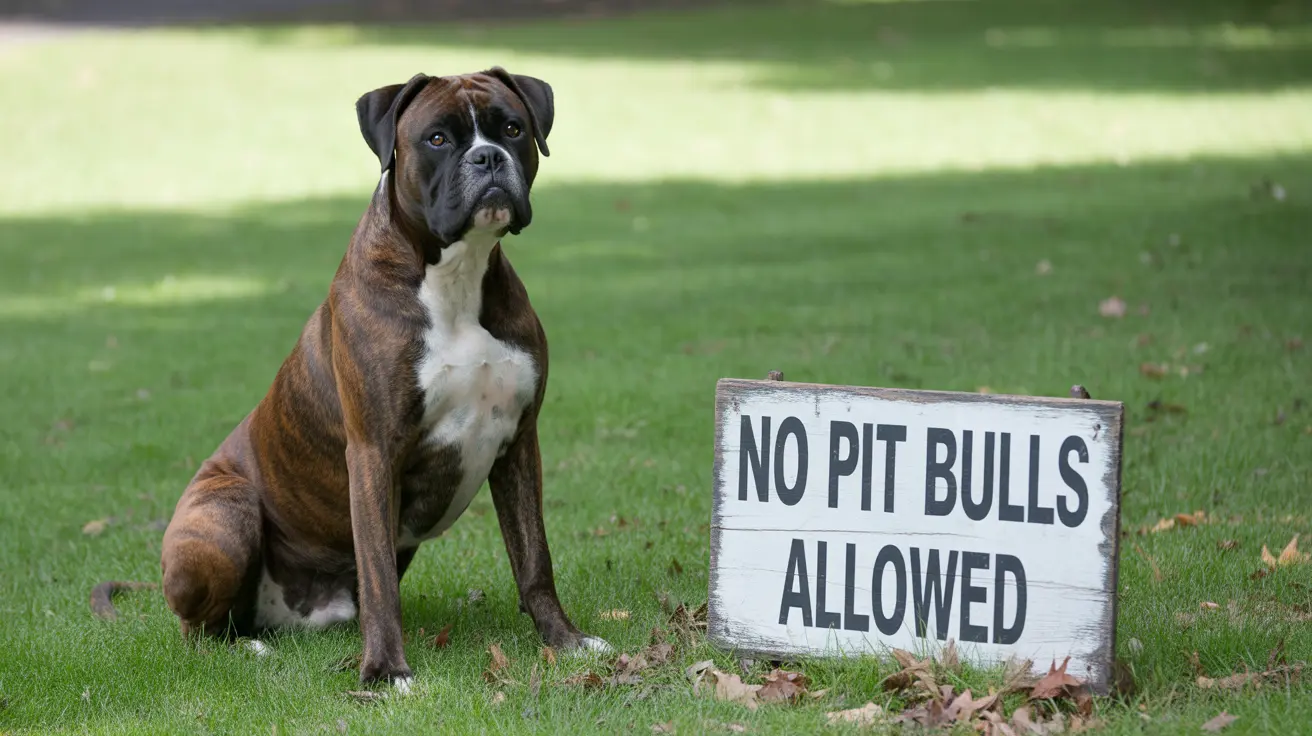Australia maintains some of the world's strictest regulations on Pit Bulls, with comprehensive restrictions at both national and state levels. For those wondering about the legal status of Pit Bulls in Australia, it's crucial to understand that these dogs face significant restrictions nationwide, though the specific rules vary by jurisdiction.
This comprehensive guide explores the current legal landscape surrounding Pit Bulls in Australia, breaking down the regulations by territory and explaining what these laws mean for current and prospective dog owners.
National Import Ban and Overview
At the federal level, Australia has implemented a complete ban on importing Pit Bulls, specifically the American Pit Bull Terrier breed. This nationwide restriction means that no new Pit Bulls can legally enter the country under any circumstances, forming the foundation of Australia's breed-specific legislation.
State-by-State Restrictions
New South Wales (NSW) Regulations
In NSW, American Pit Bull Terriers are classified as "restricted dogs." Owners must comply with strict requirements, including:
- Mandatory microchipping and desexing
- Specific containment requirements
- Muzzle and leash requirements in public
- Special warning signs on property
- Prohibition on transfers or breeding
Victorian Laws and Requirements
Victoria maintains equally stringent controls on Pit Bulls, including:
- Limited ownership to two restricted breed dogs
- Mandatory registration and desexing
- Criminal penalties for breeding
- Strict housing and containment rules
Identification and Enforcement
Australian authorities use a combination of physical characteristics and behavioral traits to identify Pit Bulls. This can affect not only purebred Pit Bulls but also mixed-breed dogs that display typical Pit Bull characteristics. The identification process may include:
- Physical appearance assessment
- DNA testing when necessary
- Behavioral evaluation
- Documentation review
Legal Consequences and Penalties
Violating Pit Bull regulations in Australia can result in severe consequences:
- Substantial monetary fines
- Potential imprisonment for serious violations
- Mandatory surrender of illegal dogs
- Property seizure in some cases
Future Outlook and Debates
While Australia maintains its strict stance on Pit Bulls, there's ongoing debate about the effectiveness of breed-specific legislation. Some advocates push for behavior-based regulations rather than breed-specific bans, though current laws remain firmly in place.
Frequently Asked Questions
Are Pit Bulls completely banned in Australia or just restricted?
Pit Bulls are banned from importation nationwide and face varying levels of restrictions or outright bans depending on the state or territory. While some existing Pit Bulls may be legally kept under strict conditions, new registrations are generally prohibited.
What are the legal requirements for owning a Pit Bull in New South Wales and Victoria?
In both states, owners must microchip, desex, and register their dogs. They must also maintain secure enclosures, use muzzles in public, and display warning signs. Victoria limits ownership to two restricted breed dogs, while NSW has additional specific containment requirements.
Can I import a Pit Bull or Pit Bull-type dog into Australia legally?
No, importing Pit Bulls or Pit Bull-type dogs into Australia is completely banned under federal law, with no exceptions.
What penalties could I face for illegally owning or breeding a Pit Bull in Australia?
Penalties include substantial fines (potentially thousands of dollars), possible imprisonment (up to 6 months in some jurisdictions), and mandatory surrender of the dog. Breeding restricted breeds is a criminal offense with severe consequences.
How do authorities identify and enforce laws against Pit Bulls and similar breeds in Australia?
Authorities use a combination of physical characteristics, behavioral assessments, and DNA testing when necessary. They may conduct regular compliance checks and respond to public complaints. The burden of proof often falls on owners to demonstrate their dog is not a restricted breed.
Understanding and following these regulations is crucial for anyone involved with dogs in Australia. While the laws are strict, they reflect the country's commitment to public safety and responsible pet ownership.






